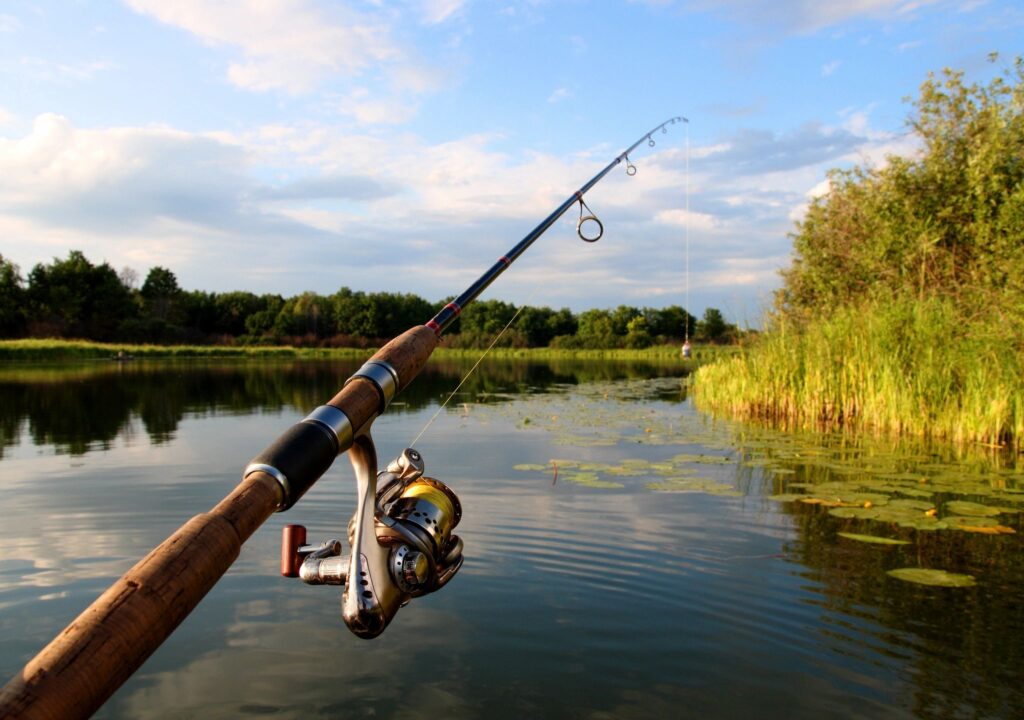
ATLANTA – Georgians’ right to fish in navigable portions of the state’s rivers and streams was safeguarded in the final seconds of this year’s legislative session.
The General Assembly passed a bill on the last night of the 2023 session late last month that secures the public’s right to fish “even where private title … originates from a valid grant.”
No one was questioning what was thought to be a long-established public right in Georgia until a property owner along Yellow Jacket Shoals, a small portion of the Flint River, asserted its exclusive right to control fishing from the bank on its side of the river to the center of the stream and banned public fishing there.
After Four Chimneys LLLP sued the state alleging failure to enforce the ban, the Georgia Department of Natural Resources signed an agreement March 27 consenting to the ban.
By the time wildlife enthusiasts and environmental protection groups found out about the agreement the following day, they had just one day to bring it to the attention of Gov. Brian Kemp and legislative leaders. The General Assembly was due to adjourn for the year on March 29.
The issue needed to be addressed then and there because it had implications far beyond a short stretch of the Flint, said Mike Worley, president of the Georgia Wildlife Federation.
“Anyone in the state could assert a claim like that,” he said. “We could have seen this popping up all over the state. … To see 1.2 million anglers in the state potentially disenfranchised didn’t seem equitable.”
But supporters of guaranteeing public fishing rights in Georgia faced a logistical challenge. The annual Crossover Day deadline for bills to pass at least one legislative chamber, which fell on March 6, was weeks in the rearview mirror.
Typically, backers of bills that have failed to make Crossover Day find related legislation that has made the deadline and attach their bills to that measure.
The wildlife federation, the Southern Environmental Law Center, Flint Riverkeeper and other interested groups followed that strategy during the early hours of Sine Die, the last day of the annual General Assembly session, Worley said. But when the related bill they chose for their purposes was failing to move, they had to try something different, he said.
Without related legislation to fall back on, they chose to take an unrelated bill and substitute the fishing rights legislation, leaving only the original bill number intact. That was accomplished by the House Rules Committee as Sine Die moved from afternoon into evening, with the permission of Sen. Josh McLaurin, D-Sandy Springs, the original bill’s sponsor.
The final product – Senate Bill 115 – narrowly cleared the House 93-75, just two votes more than were required to constitute a majority in the 180-seat chamber. It then passed the Senate 50-4 literally in the last seconds before the adjournment gavel came down and started on its way to Kemp’s desk for his signature.
Worley said the convoluted process supporters had to go through to get the fishing rights legislation passed on such short notice cost it votes in the House, where some lawmakers objected to hijacking an unrelated bill.
“I understand and respect that position,” he said. “It’s not the way you want to see these things done. But it was an issue that had to be addressed.”
While the fishing rights bill should take care of the issue for now, the House also unanimously passed a resolution during the last day of the session forming a study committee to examine the extent of the public’s right to fish in Georgia’s freshwater rivers and streams, including inconsistencies or conflicts in state law between that public right and private property rights.
“I expect during the interim [between the 2023 and 2024 legislative sessions], we’ll be taking a deeper dive and seeing if this legislation needs to be fine-tuned,” Worley said. “[The bill] was a really good step. But more work needs to be done.”